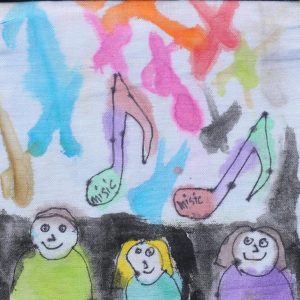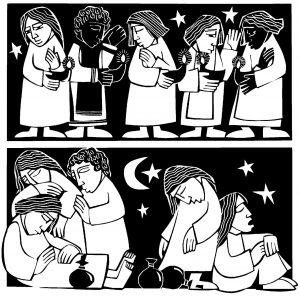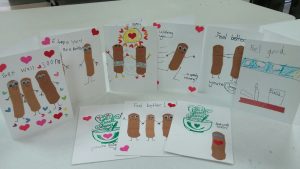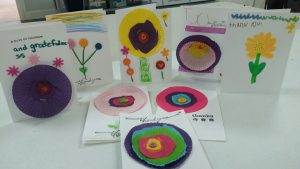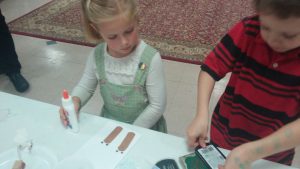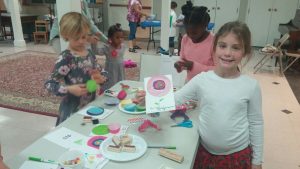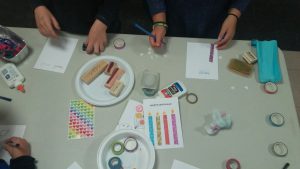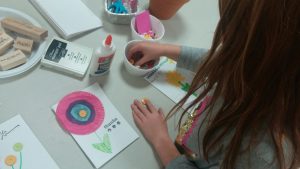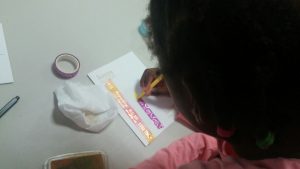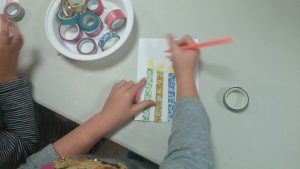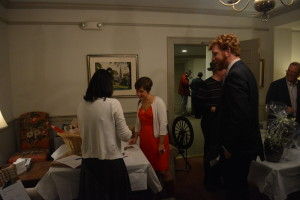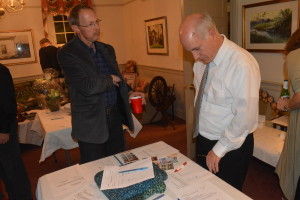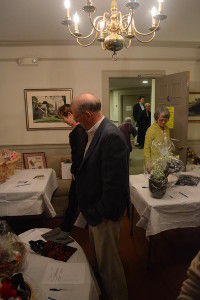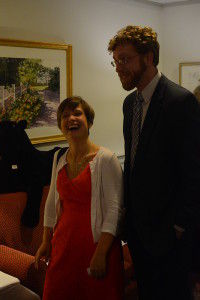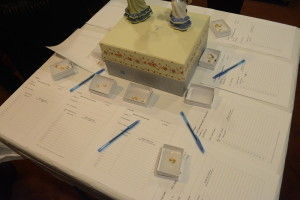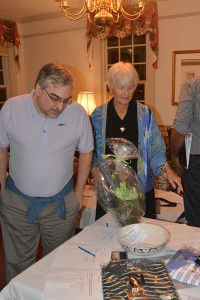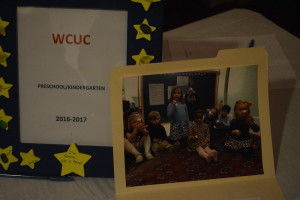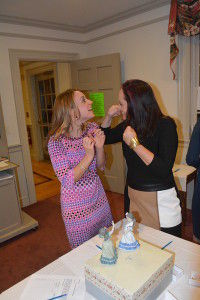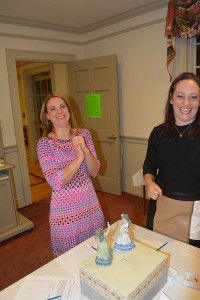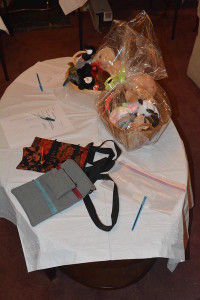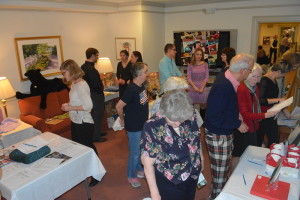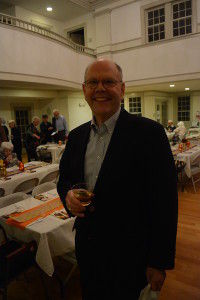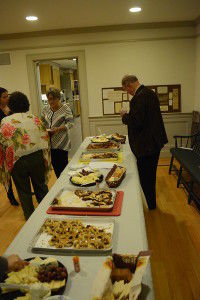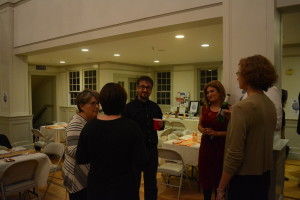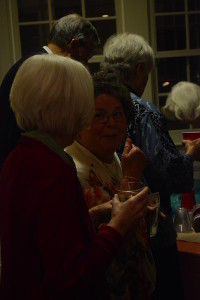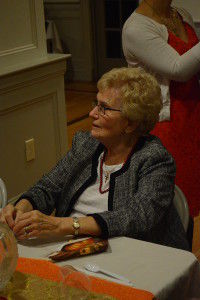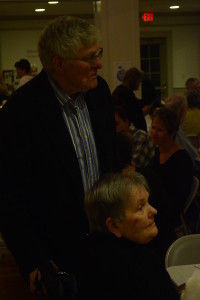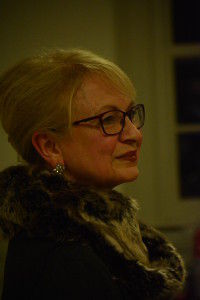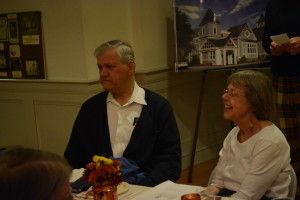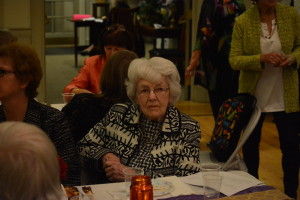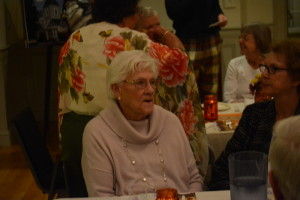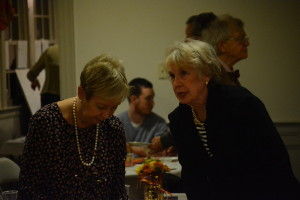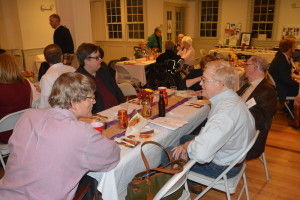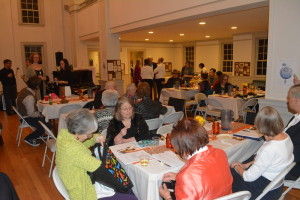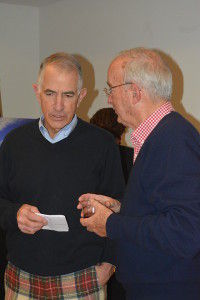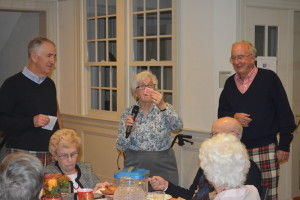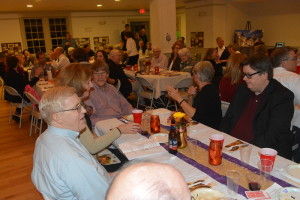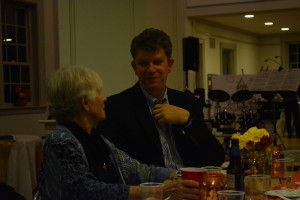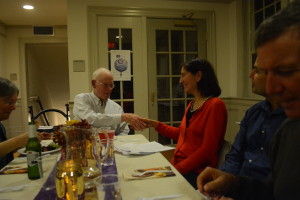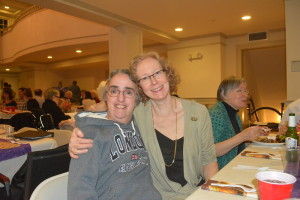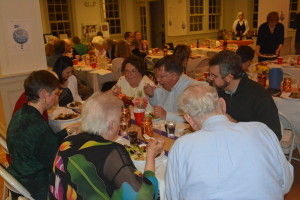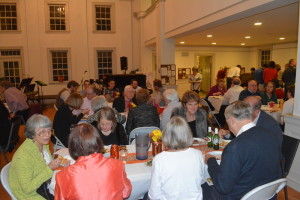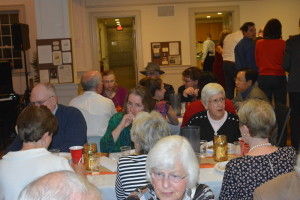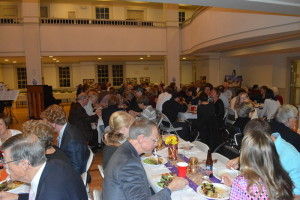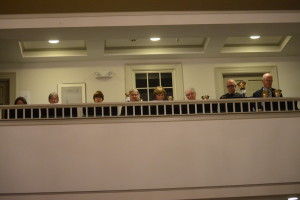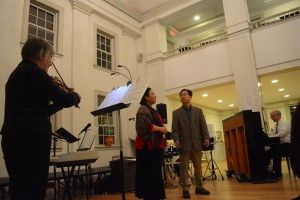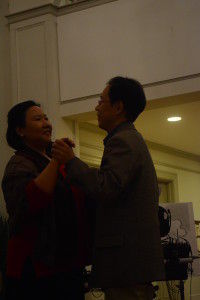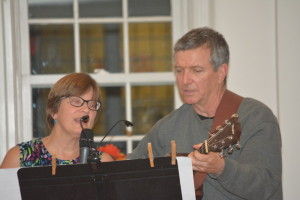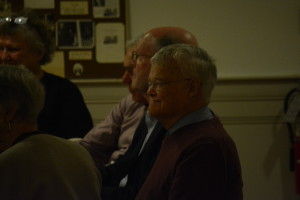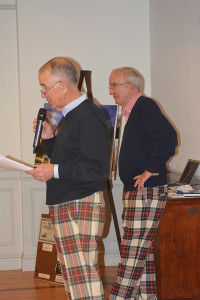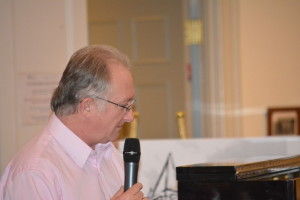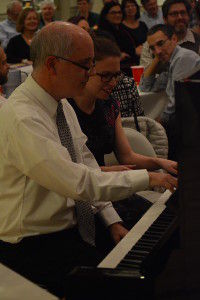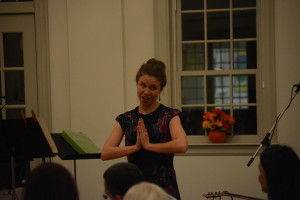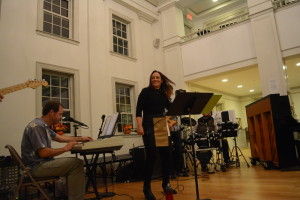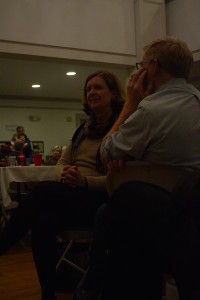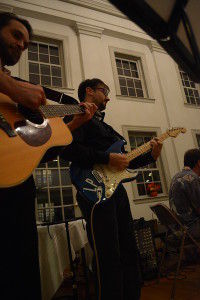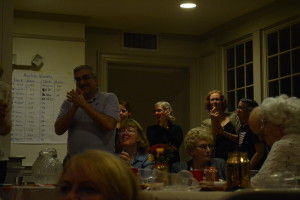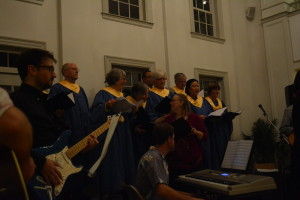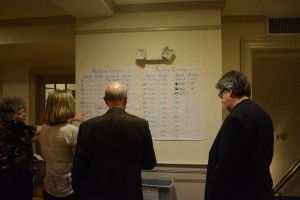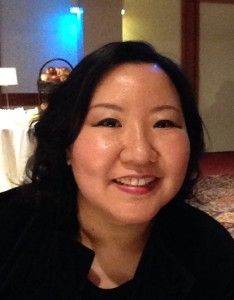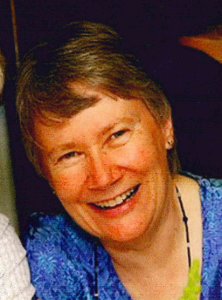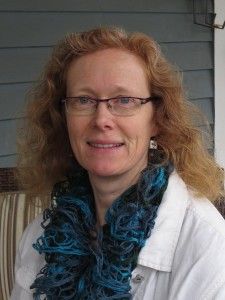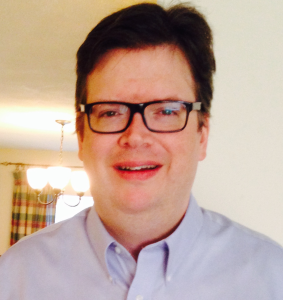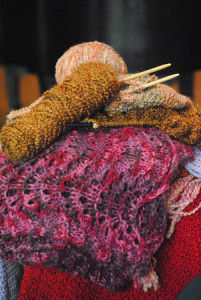 2 Corinthians Ch.8 & 9
2 Corinthians Ch.8 & 9
Sometime around the year of 55 in the common era, the apostle Paul wrote a letter to the church in Corinth. He encouraged the Corinthians to financially support their fellow believers in Jerusalem, where wants were many, resources were few, and conflict was intensifying between Gentile and Jewish followers of Jesus.
When I read Paul’s giving appeal, I have to laugh, because it has so much in common with how we encourage one another to give here at West Concord Union Church. If you read the 8th and 9th chapters of this letter, Paul starts by telling an inspirational story about other givers, Christians in Macedonia – just as we ask our members to share their testimonies to inspire us. Then Paul reminds the Corinthians of how generous God has been to them – just as we remember how God has been generous in our lives and in the life we share together. Paul is careful to clarify that financial gifts should reflect a household’s means: “if the eagerness is there,” he says, “the gift is acceptable according to what one has – not according to what one does not have.” Similarly, we emphasize the importance of discernment and the value of every gift. Finally, Paul wraps up his message with these words:
“Each of you must give as you have made up your mind, not reluctantly or under compulsion, for God loves a cheerful giver…Share abundantly in every good work… [and] glorify God… by the generosity of your sharing.”
In the end, Paul says, make sure that you give joyfully, remembering what your giving is for: doing good work and glorifying God; in this case, lifting up the Christians of Jerusalem and binding them together.
Another appeal went out in the year 1909, as the West Concord Union Church decided to rebuild its meeting house: the first renovation! The intention was to rotate and expand the church to meet the needs of a growing community, keeping only the frame and foundation of the original 1893 structure.
We still have the gift list from this appeal. It makes for amazing reading. Two hundred and four gifts were received ranging from 5 cents to $500. The most common gift was $25. The top giver was the Ladies Union, and the second on the list is the Sunday School Primary Department. The Young Ladies club contributed $100 and the Sunday School contributed $50. A few of the families who contributed have relatives here now or in recent memory: Damon, Montague, Hatch, Forbes. These saints stepped up to build this beautiful sanctuary almost from scratch. I wish they could have known how many people would benefit from their gifts, more than 100 years later. I wish they could have seen what good work would be done in this building, and how God would be glorified in this sanctuary.
This October, an appeal went out to all of you, asking for pledge commitments to support our shared ministry in 2017. In the appeal letter, you can see pictures of what we do together and read quotes and descriptions about what happens here: music and prayer, fellowship and hospitality, learning and service. We try to capture in this mailing how money gets turned into ministry. But it’s so hard to fit it onto one piece of paper. There’s no way to tell all the stories.
For example, one of the smallest line items in our budget is for prayer shawls. But the cost per benefit analysis on this line item is astounding. The money goes mostly for yarn, which gets packed up into bags with patterns. Then folks who are among you today pick up the yarn, and take it home. They put in stitch after stitch and prayer after prayer until there is a finished shawl; and then, after all those hours of work, they return it to the church. They do this, having no idea what will happen to that shawl, where it will end up.
Having these shawls at the church is amazing, kind of like a reserve fund of love that I can dip into when things get hard. It’s been my privilege to deliver them to many people in the years that I have served here. They are often greeted with tears. Members of this community have worn them while praying for family members, while recovering from surgeries or accidents, and while receiving chemo. I was grateful to receive one myself right before I became a mother. Several of these shawls have been passed on beyond our community, to friends and relatives or strangers, going from one person to another as special needs came and went. Just in this fall I have seen our prayer shawls spread over a mother in a hospice bed and wrapped around a girl at her brother’s graveside.
Just $150 in our budget and through the service of those in our community and the work of the Holy Spirit, these shawls are a magnificent ministry, expressing love and offering comfort in the hardest times. Talk about good work. Talk about God’s glory.
In the end, Paul says, make sure that you give joyfully, remembering what your giving is for: doing good work; glorifying God. And so we dedicate our gifts here today, and throughout the year, taking part in the good work and the glorification of God that goes on through West Concord Union Church. I hope you do it joyfully.
And I wonder: what other good work is there for us to do? How elsecan we glorify God? This is a question each of us can answer only for ourselves, and a question for a lifetime. But I wonder if I might make two suggestions for this week.
- I hope that you will take part in the good work that is done by our nation by voting on Tuesday, letting the wisest and deepest parts of your heart guide your decisions, helping to build up the justice and hope of our country.
- I hope that you will take part in the good work of knitting together this beautiful and broken nation in whatever ways you can as the election passes by, stitch by stitch, step by step, prayer by prayer.
What good work is there for you to do joyfully? How can you glorify God with what you give, and how you serve, and who you are?
Children were invited up and the whole congregation joined in blessing the prayer shawls:
Holy God, we thank you for our people, who gave the funds for this yarn, and then knit it together, stitch by stitch, prayer by prayer, to bless those in need of special care. We add our prayers to these shawls this morning: May they bind up the brokenhearted, and warm those who wait, and comfort those in pain. May they be messengers of your love, and of the love of this congregation. In your grace, may we all discover how we are bound together. May our ties be strengthened through gifts, service, and the work of your Spirit. Amen.
